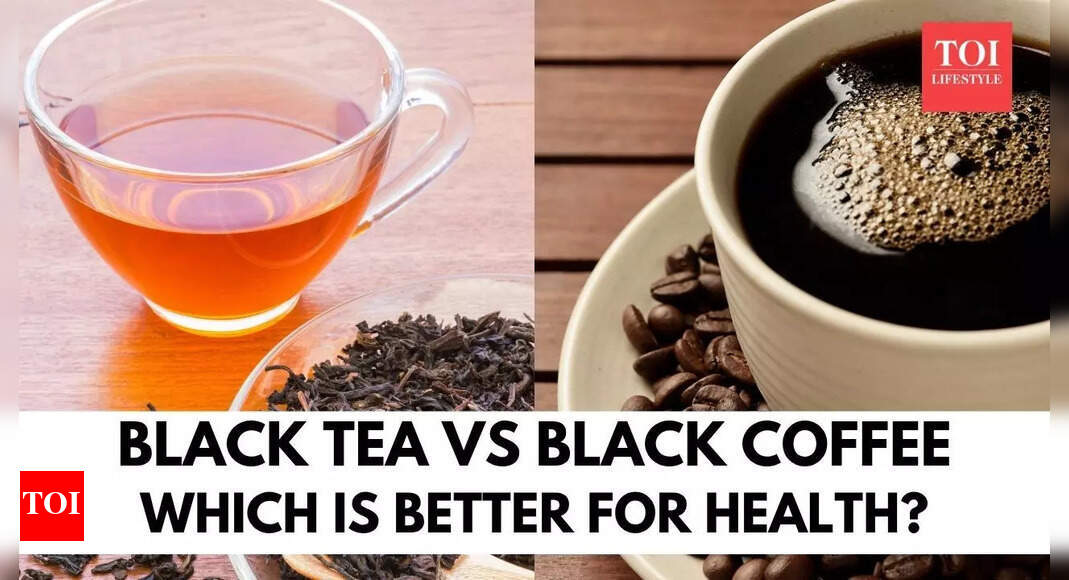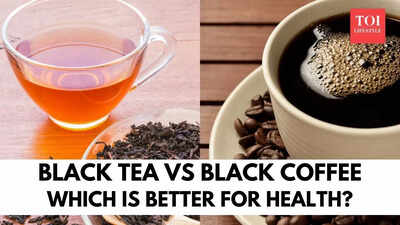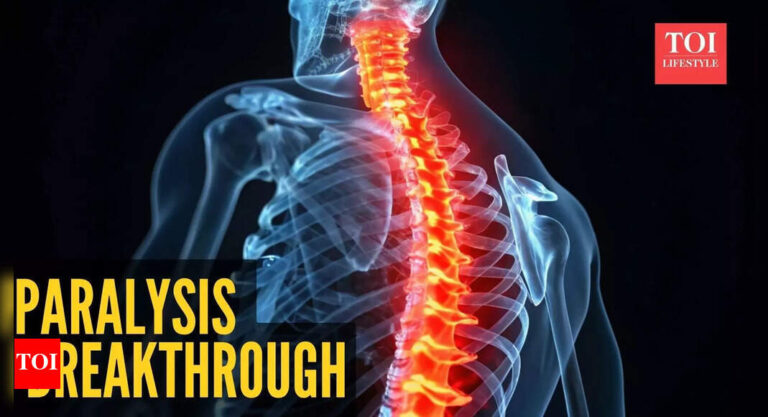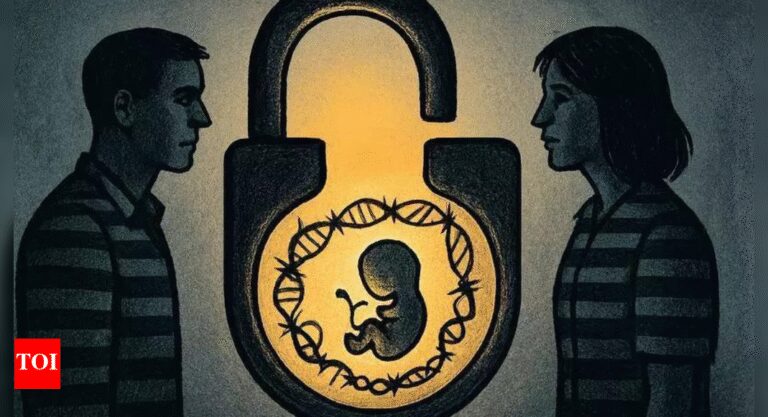
There are tea lovers, and then there are coffeeholics. The age-old debate between black tea and black coffee continues to brew, dividing households, offices, and cafés. While both are cherished morning rituals for millions, which of the two is truly better for your health?Suman Agarwal, an Oxford-certified nutritionist and qualified fitness expert who works with some of the biggest celebrities in India, weighs in.
Caffeine content

Black coffee is one of the most popular beverages in the world. Made from roasted coffee beans, it’s often taken with breakfast for its strong stimulant effects. Studies confirm that coffee improves mood and cognition in healthy adults. A standard 8-ounce cup of brewed coffee contains around 80 to 100 milligrams of caffeine, according to the National Library of Medicine.A cup of black tea generally contains 30 to 50 milligrams of caffeine, while green and white teas have even less.“Because of the high caffeine content, coffee causes a sharp rise in dopamine, which leads to quick alertness,” Agarwal explained in a video shared on Facebook.“Tea also causes alertness, but it contains L-theanine, an amino acid that has a calming effect on the nervous system. So it balances out the stimulating effect,” she added.
Metabolism and fat burn

Beyond waking you up, both coffee and tea are linked to better metabolism and fat burning. You’ve probably heard that these beverages can help with weight loss—and there’s some truth to it.“Coffee contains chlorogenic acid, which aids fat metabolism,” Agarwal said. A 2021 study by researchers at the Universities of Southampton and Edinburgh found that drinking three cups of coffee daily can reduce the risk of fatty liver by 20% and deaths from chronic liver disease by 49%. The study of nearly 500,000 participants showed that people who consumed ground coffee experienced the most benefit.Black tea also supports metabolism. “Black tea, Darjeeling tea, silver tip, and white tea contain polyphenols and catechins, which increase metabolism and promote fat burn,” she noted.
The stress factor

Many people start their day with a cup of coffee. While it’s a great pick-me-up, its higher caffeine content can cause a spike in cortisol, the body’s primary stress hormone. Agarwal cautioned that coffee isn’t for everyone, as it may worsen anxiety in some individuals.Tea, on the other hand, is gentler on the nerves. However, she also warned that both beverages can trigger acidity or digestive discomfort in people with gastric sensitivities.“Both can cause acidity if you have gastric issues,” she said.
What to know

Agarwal also advised that children should avoid both beverages. “Tea and coffee should not be given to kids because they prevent the absorption of calcium and iron,” she explained.So, which team are you—black coffee or black tea?Note: The information provided in this article is for educational purposes only and is not intended as medical advice. Always consult a healthcare professional before starting any new diet, medication, or treatment.







